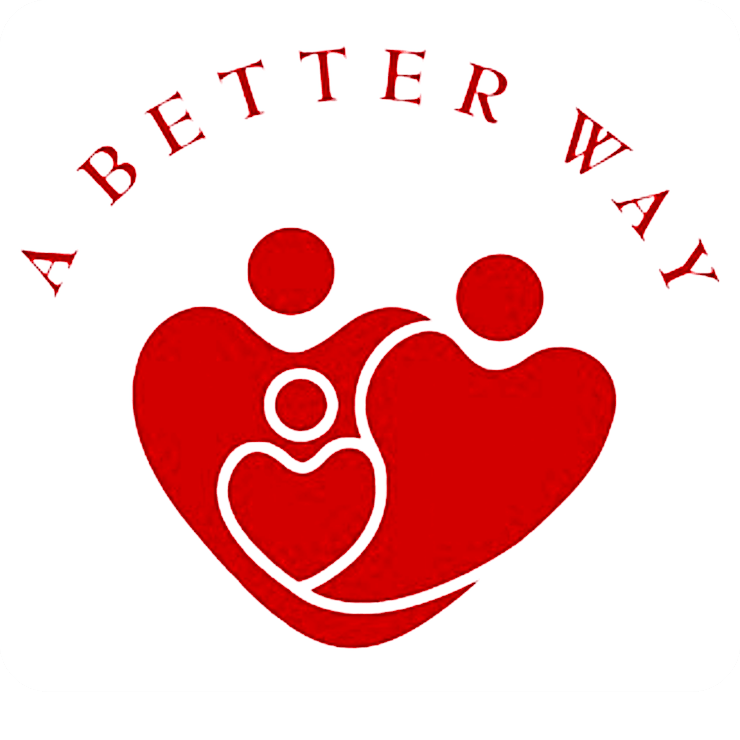
About this Event
Trainer: Dr. Marya Wright, DSW, MSW
Date: June 3, 2025
Time: 9:15am - 3:15pm
Location: Virtual – Zoom
Agency: A Better Way Inc.
Participants must complete registration via the A Better Way Inc. website in order to gain full access to the training course.
COMPLETE REGISTRATION HERE:
A Better Way is approved by the California Association of Marriage and Family Therapists to sponsor Continuing Education for LCSW, LMFT, LPCC, LEP (62361). This course meets the qualifications for Continuing Education credit for LMFTs, LCSWs, LPCCs, and/or LEPs as required by the California Board of Behavioral Sciences. A Better Way maintains responsibility for this program/course and its content.
Please email the training department at [email protected] for further assistance.
This is an advanced course developed for case managers and clinicians who have a basic understanding of MI. Participants will build on the knowledge gained from an introductory MI course. Participants will increase their understanding of open-ended questions, affirmations, reflections, and summaries (OARS). The content explores each interviewing technique in-depth to enhance the participants tool kit of MI responses with system-involved youth and adolescents. Participants will be able to apply the tools learned in this course to establish reports, collaboration, and understanding for their current clients. This course will provide practical skills and strategies to resist the righting reflex when met with client resistance. Participants will increase their understanding of the righting reflex. The content explores MI four guiding principles, represented by the acronym R.U.L.E. Participants will gain a general understanding of how resistance may show up when working with system-involved youth and families. The course will provide strategies on appropriate response to resistance. As well as what could be said in response to resistance rather than using the righting reflex. The material will be delivered by PowerPoint presentation, short video clips, group discussion, breakout (small group) discussions and participant workbook (handout).
By the end of the course, trainees will be able to select client strengths and use them to formulate an affirmation for their client.
When engaging with system-involved youth and families, trainees will be able to distinguish the differences between issue and relational resistance and provide appropriate responses.
1.) Trainees will be able to evaluate how the righting reflex affects their practice when working with system-involved youth and families. 2.) Trainees will be able to describe multiple differences between inappropriate and appropriate responses to client resistance. 3.) Trainees will be able to distinguish at least 2 differences between open- and closed-ended questions and demonstrate the ability to convert questions to elicit change talk. 4.) Trainees will be able to list five examples of how to respond when a client is ambivalent or expresses resistance to change.



Event Venue
Online
USD 0.00











